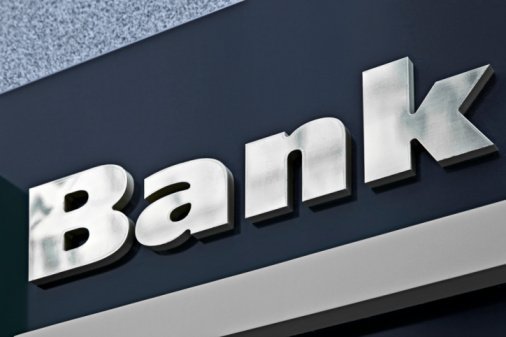Offshore Banking is Safe!
When potential clients call me about an offshore company or trust with an international bank account, their number one concern is security.
Is there money safe in an international bank that they have never heard of?
The simple answer is YES, your money is safe…often significantly safer than in your local United States bank.
The real question should be, is your money safe in a U.S. bank?
According to the August issue of Global Finance, only 5 U.S. banks are in the top 50 for safety. Of these, the first, Bank of New York Mellon, doesn’t appear until #29, followed by CoBank ACB at #32, U.S. Bankcorp at #37, Northern Trust Corp at #39, and Wells Fargo at #48.
The United States is not even the safest jurisdiction in North America. Canada, a frozen tundra of a nation, that thinks hockey is a sport, that can’t pronounce the word ‘about,’ and has about 10% of the population of the U.S., has seven banks in the top 50, compared to our five.
To quote Global Finance, “Canadian banks are the best performing in North America with seven banks in the top 50 compared to five from United States. Banks from Singapore are the strongest in Asia and from Chile in Latin America. Credit ratings and rankings of most European banks have suffered except for those at the very top of the list which have explicit guarantees from AAA rated governments.”
And things seem to be getting worse in the U.S. banking sector. According to the FDIC website, during 2005, 2006 and 2007, only three US banks failed. However during 2008, 2009, 2010 and 2011 a staggering 414 US banks failed. From 2008 through 2011, the FDIC fund lost $88 billion.
Year to date 2012, 43 U.S. banks have failed. The most recent was Truman Bank, based in St. Louis. This local bank had 4 branches, $282.3 million in assets, and $245.7 million in deposits as of June 30 and will cost the FDIC fund $34 million. The FDIC expects to lose only $12 billion in 2012 through 2016…this is what the U.S. banking sector calls improvement.
After safety, potential clients are concerned with access and convenience. Of course, it might be difficult to regularly “visit” your money if it is in Luxembourg, but is that really necessary? Banking convenience has been globally equalized through the Internet and online banking. Nowadays no matter where your bank is, and no matter where you happen to be, you have access to your account information, money transfers and electronic deposits. It really doesn’t matter what your bank’s physical address is anymore, you can transact business through old school telephones, computers, tablets and smart phone apps.
In fact, you can often open a bank account through an eligible introducer without traveling to the bank. About 95% of the applications I submit are done through a courier service, with only certain private banking institutions requiring a personal visit.
There has never been a better time to put your money in one of the safest banks in the world and plant your most important international financial flag. Because of various U.S. laws coming in to effect throughout 2013, it is strongly recommended you have your international finances squared way before the end of 2012.
For additional information on international corporations, asset protection trusts, and international banking, you can contact us at (619) 483-1708 or info@premieroffshore.com.
For more on the world’s safest banks, CLICK HERE to go to the Global Finance website.












Leave a Reply
Want to join the discussion?Feel free to contribute!